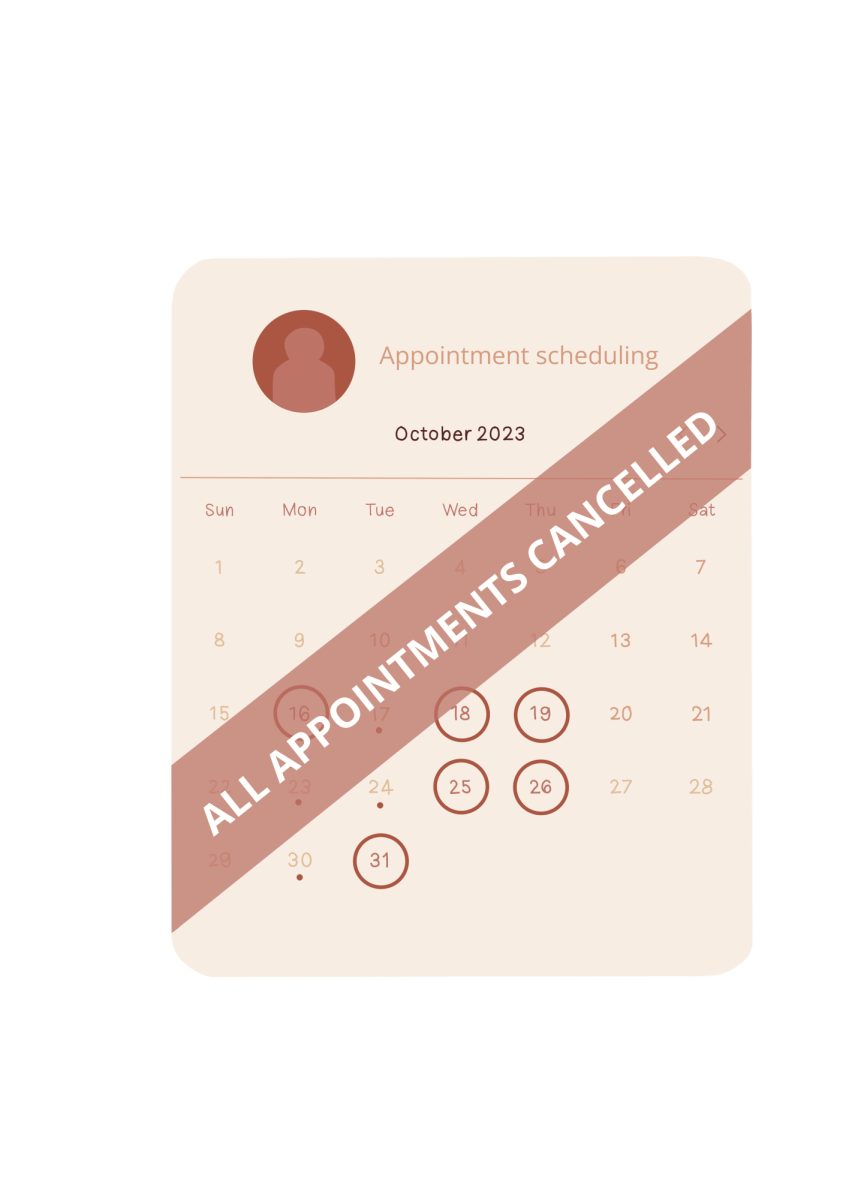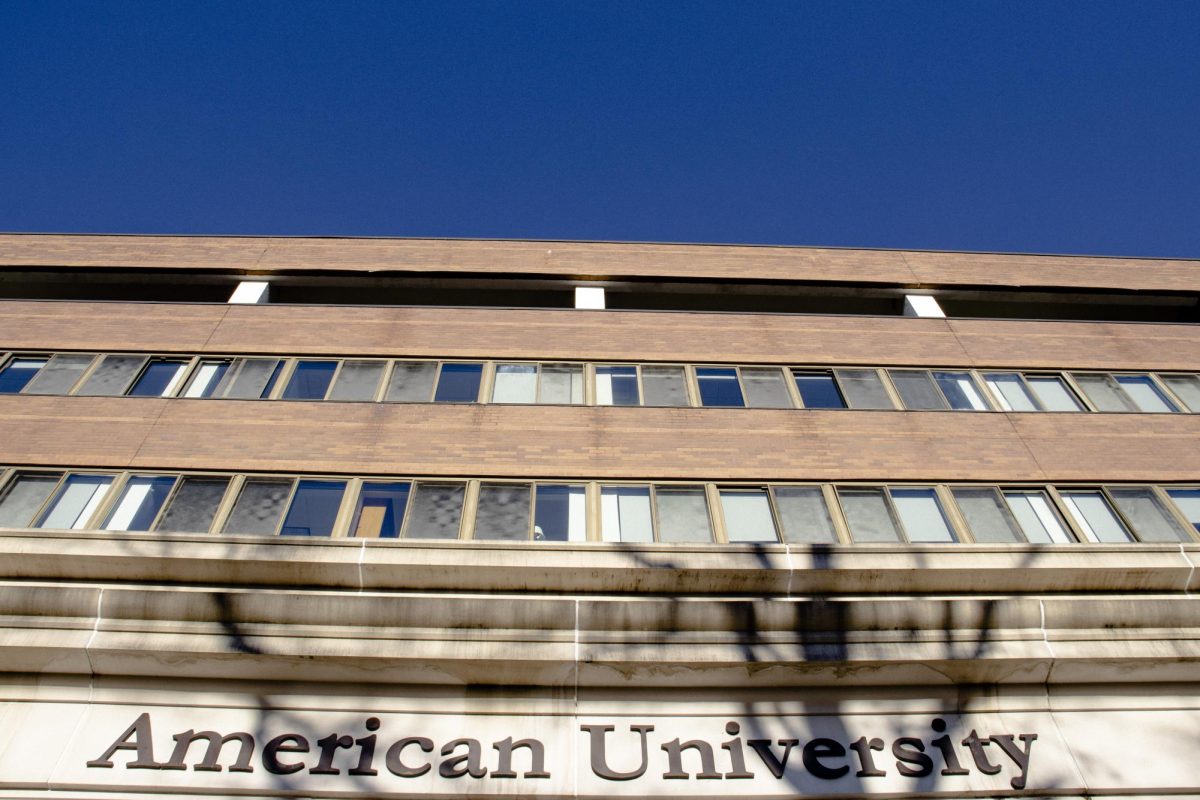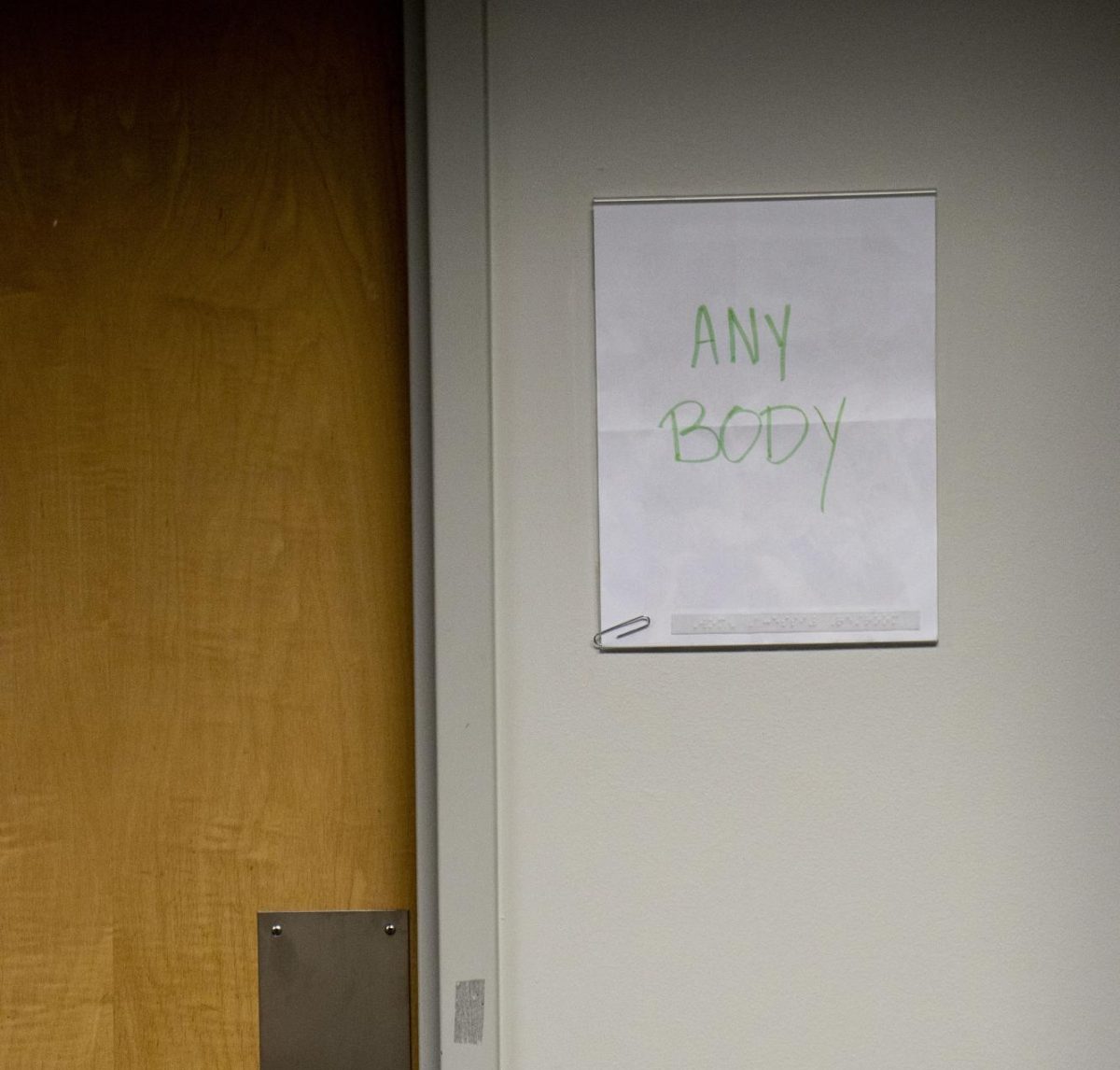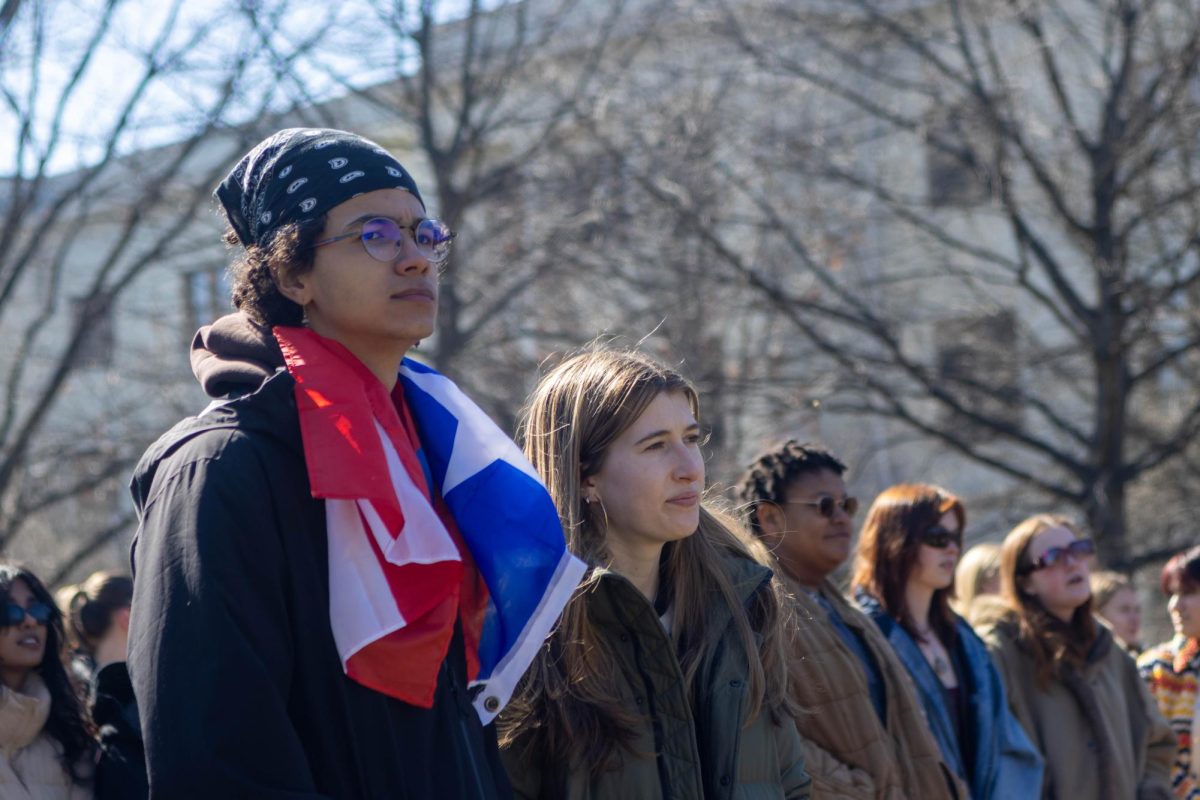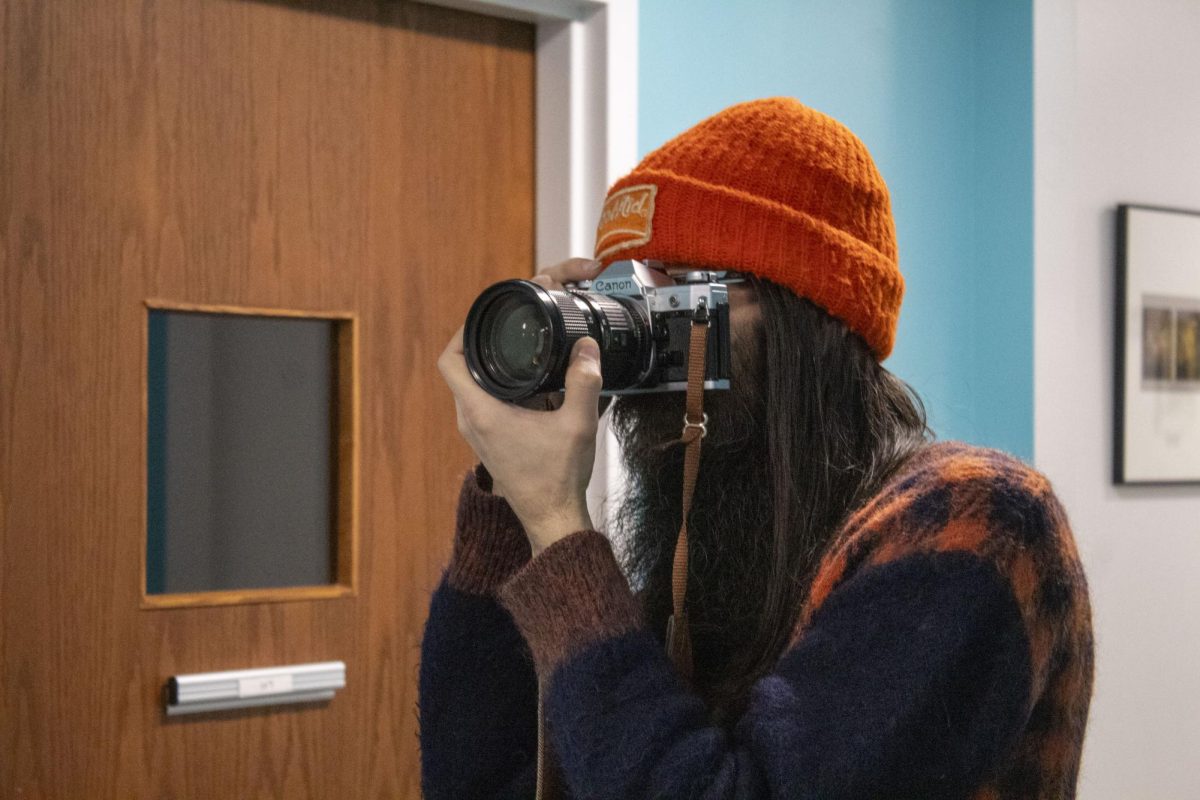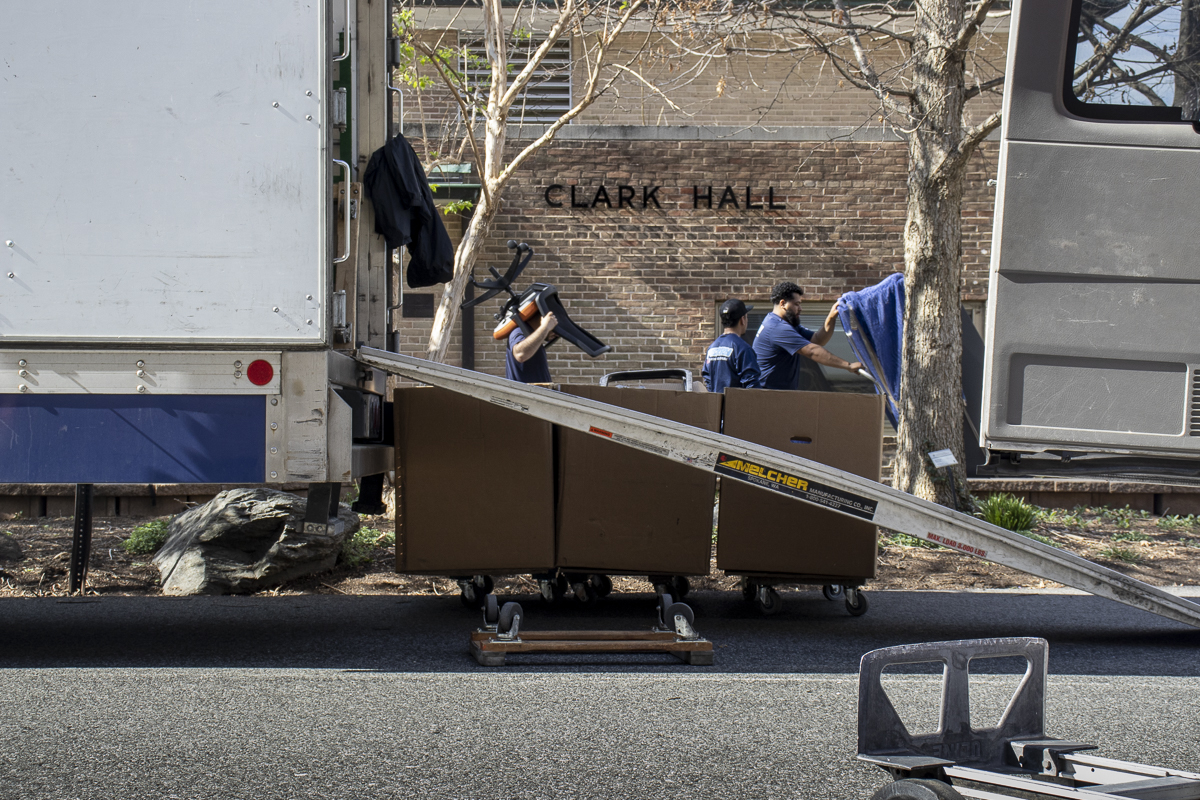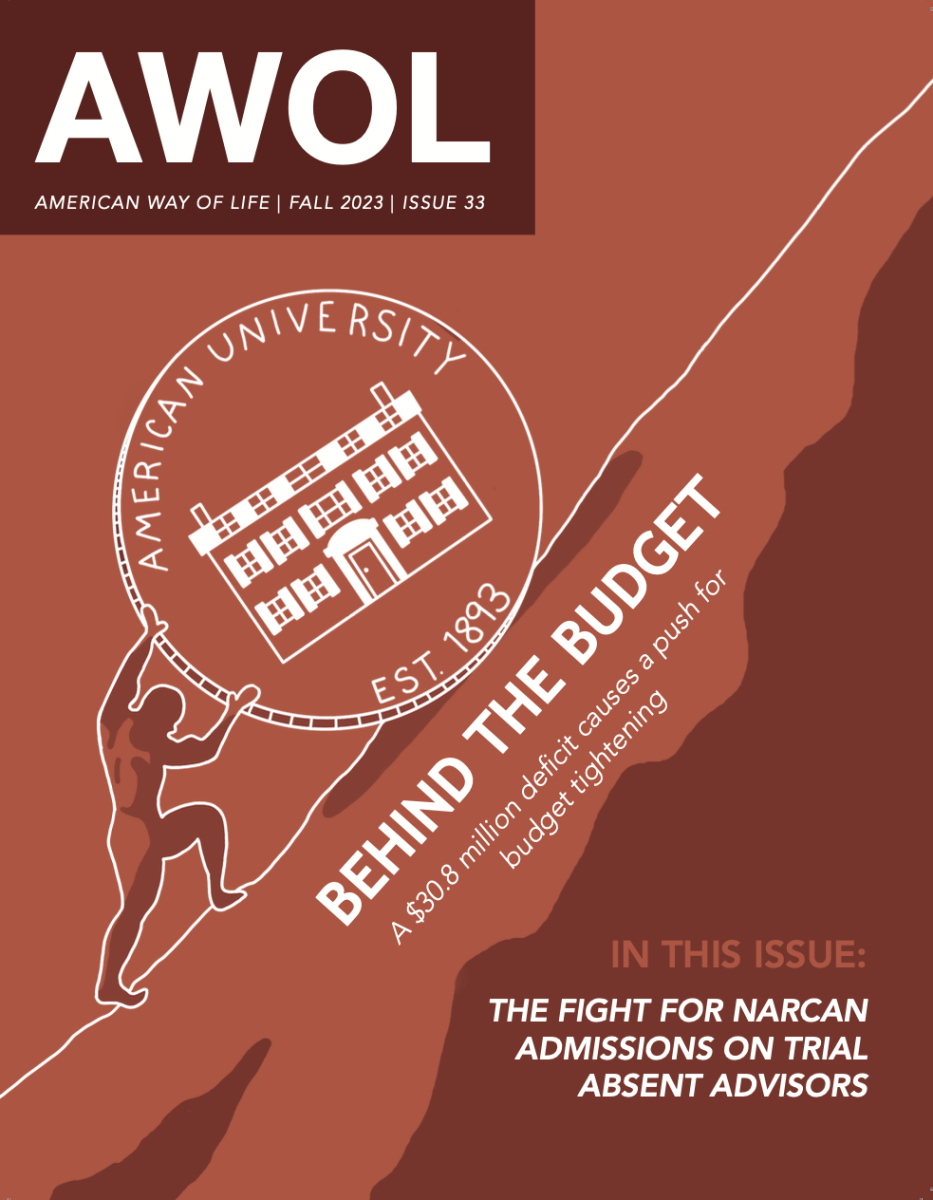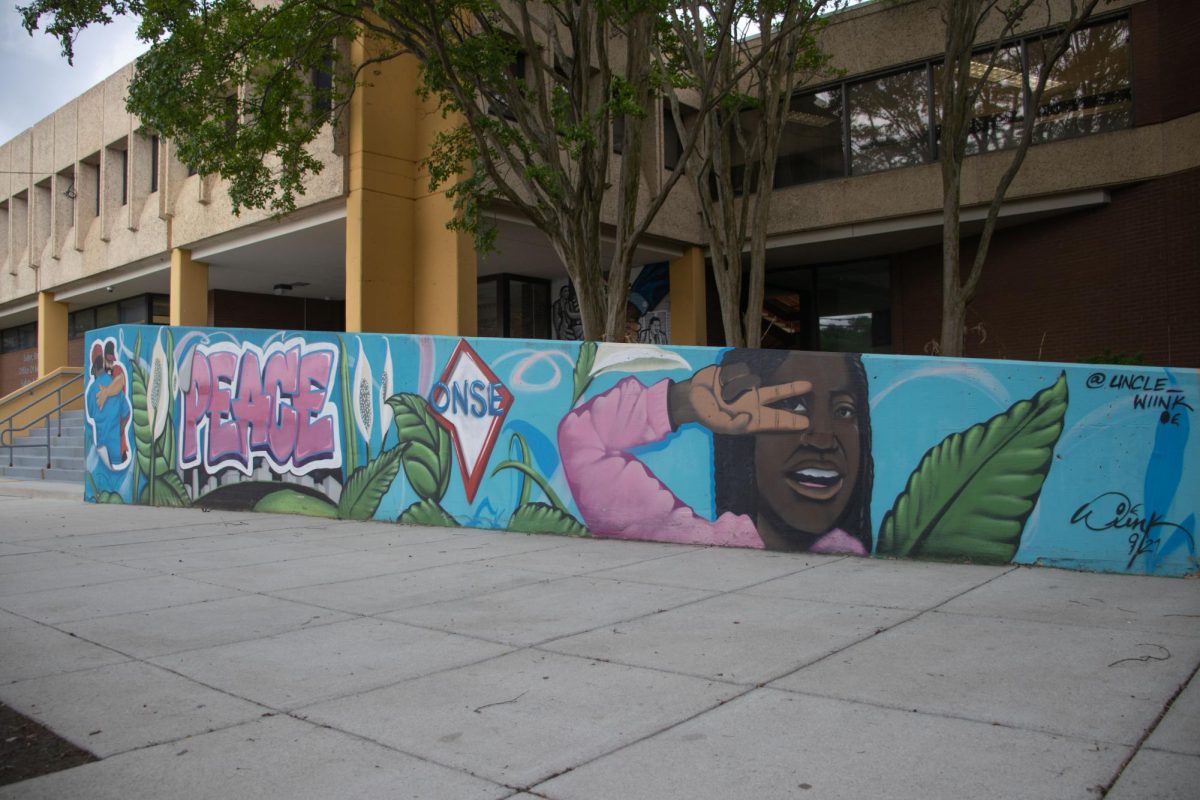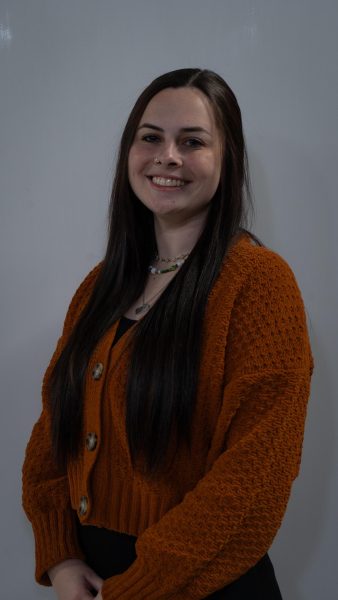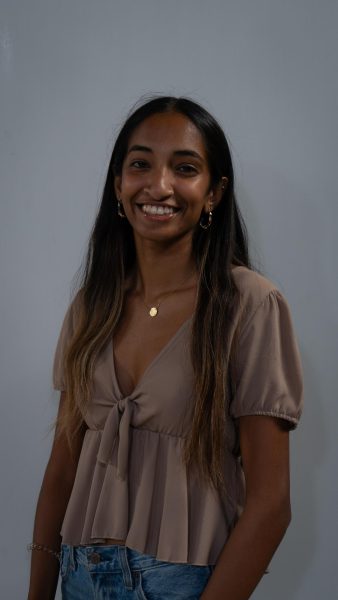With less than two semesters left at American University, Senior Lily Tierney said she doesn’t have a permanent advisor in either of her areas of study.
“Right now, I have no advisor in SIS; they were either fired or left at the beginning of this semester,” Tierney said. “I think the same situation happened with my SOC advisor, so I have an interim advisor right now.”
Because of the confusion and what Tierney said is a lack of attention surrounding her advising situation, she said she is not confident in her ability to graduate on time.
“When I transferred here, I was so excited about the opportunities that I had and being somewhere that I felt was really going to support me,” Tierney said. “That really went to the wayside after this semester, when it felt like I didn’t have really any support, which was a total bummer because I felt very connected to my academic advisors.”
AU students have to meet qualifications to graduate, including completing integrative requirements and 120 credit hours. A major like International Studies requires 54 credits, according to the university catalog. Advisors at the School of International Service inform students about curriculum and university regulations, according to the SIS undergraduate advising website. Students like Tierney struggle with registration and selecting their classes when they do not have an advisor.
“I think people are kind of feeling like they’re flailing right now, and they have no idea what to do,” Tierney said. “People are just registering for random classes, and that’s not a great thing because we’re paying a lot of money to go to this school.”
Elizabeth Deal, the assistant vice president for Community and Internal Communication, said AU isn’t experiencing a high turnover rate or a shortage of advisors in an October 2023 comment to AWOL.
“The voluntary separation of academic advisors from their advisor positions and/or from AU is comparable to that of our peers in higher education,” Deal said.
Deal also wrote that the Boyer 2030 Commission Report from the Association for Undergraduate Education at Research Universities suggests a ratio of one advisor per 250 students.
“AU’s first-year advising provides one advisor per 76 students, which is more than 3x times better than the national recommendation,” Deal said.
College of Arts and Science advisor Kylie Stigler said she currently advises roughly 450 non-first year students; Director of Undergraduate Student and Academic Affairs for the School of Communications Tara Flakker said she advises about 300.
The report also uses data from the 2005 National Survey of Student Engagement, showcasing that the quality of academic advising is the single most powerful predictor of satisfaction with the campus environment for students at four-year schools.
According to the report, universities should “provide all students with a lead advisor/mentor with whom they can develop a long-term relationship and with whom they are required to meet each term.”
Other AU students are also dealing with the issue of advisor retention. Senior Maxine Hickey said she has had three advisors during her five semesters on campus.
Hickey said her current advisor seemed to lack knowledge in areas such as major requirements, transferring credits from other institutions and effectively communicating with her students.
“I came in as a transfer student, which is difficult in itself because AU doesn’t accept many transfer credits that can actually help you graduate,” Hickey said. “I was never explained why I had to take my Habits of Mind or AUx. Like I had no idea what anything was.”
Hickey said she is concerned about her ability to graduate within the traditional four years.
“I guess when I think of an academic advisor, I think of it in the most literal sense: you advise me in my academics,” Hickey said.

When it occurs, advisor turnover within universities can impact students like Hickey, who are working to graduate. Almost 42% of student affairs employees quit or were fired one to five years after they started their jobs, according to a 2016 study published in the Journal of Student Affairs Research and Practice.
Advisor turnover extends beyond AU’s campus. Frustration with academic advisors is common among students across the U.S., past and present.
“I didn’t have a great advisor when I was an undergrad,” said Stigler. “I was like, ‘I want to be a better advisor to students and not a barrier.’”
However, Stigler said being on the other side of the desk has provided her with a new point of view.
“I think a lot of times students think that we are like a magic eight-ball answer to everything that might arise for student issues,” Stigler said. “If a student can’t get into a class or they miss their spot on the waitlist, anything like that.”
Stigler said the biggest frustration she has heard from students is that they have had multiple advisors in their time at AU. She said she recognizes the fear students have about their advisors leaving them semester after semester.
Stigler said her students experienced a change in advisors when she moved positions after her second semester working at AU. Stigler joined AU as a SOC advisor in 2022. In August 2023, she moved to the College of Arts and Sciences.
“It was more just about professional growth. I felt learning more would help me in future career goals and with future employment opportunities versus just staying in one school for my duration of being an AU,” Stigler said.
Stigler also said her move was related to systemic issues within higher education.
“Unfortunately, with a lot of positions within higher ed, there isn’t a lot of vertical movement. It’s mostly just lateral,” Stigler said.
Her sentiment is a common one. According to a May 2016 Journal of Student Affairs Research and Practice study, about 48% of participants in the study highlighted “noncompetitive salaries” as a reason for burnout, and 32% cited limited career advancement.
“I think the lack of middlemen positions at the university is a big hindrance for people staying in positions where they are because there is no room for growth,” Stigler said. “And I think that keeping people at lower wage positions, in their mind, helps them retain staff for the long run when, in reality, it doesn’t.”
Flakker said she has been working with SOC advising since 2014 and wants to see changes in advising.
“I would love for this position to be one across the university where people come into the position able to commit to three or four years; four would be ideal,” Flakker said. “I’m also really aware that this type of position and academic advisor position is often, but not always, sort of an entry point into higher education.”
Flakker said she knows she has a love for academic advising that others may not.
“I think that most people in this professional position realize that there will be times when we’re short staffed, and we’re doubling up,” Flakker said. “I think all of us are mostly attuned to how it impacts students.”
Flakker said she understands it is confusing and stressful for students when an academic advisor leaves, particularly after first-year advising.
“Everyone’s working really hard to try to think of new and creative ways to support students and make sure your needs are met,” Flakker said. “Everyone should always feel free to walk through the door or make a phone call and ask [for help]. We don’t want anybody to just be sitting out there frustrated and concerned.”
Hickey said while she understands that AU was affected by a pandemic for two years, she wishes she had a stronger and more personal connection with her advisor. Hickey said she often feels she might as well be talking to a robot.
“My experience with my academic advisor has negatively affected my experience at American University and with just trying to graduate,” Hickey said.


